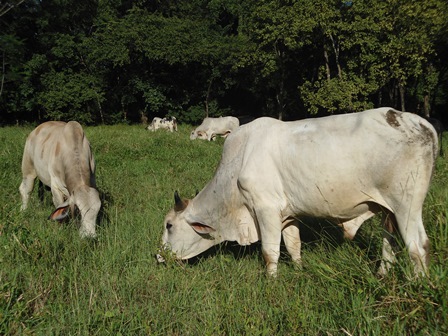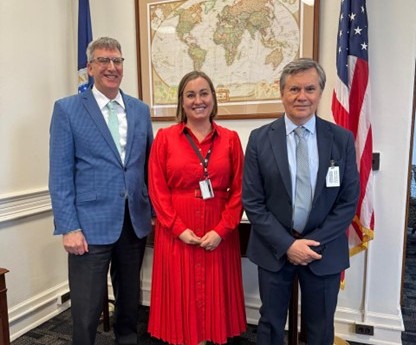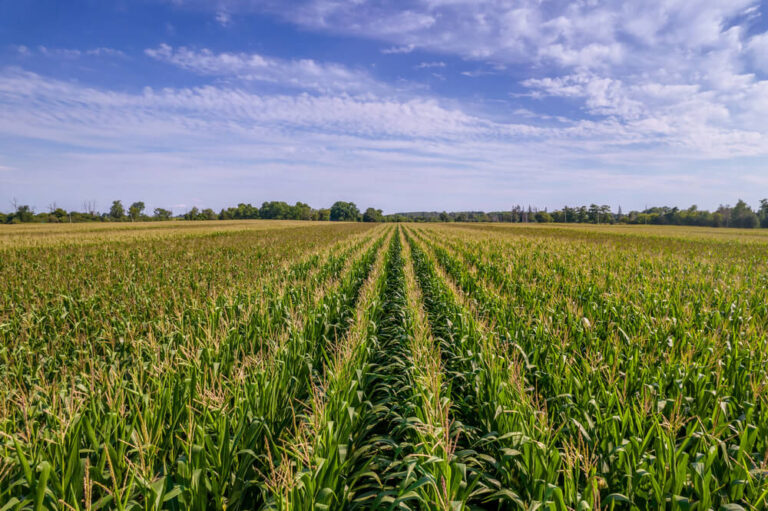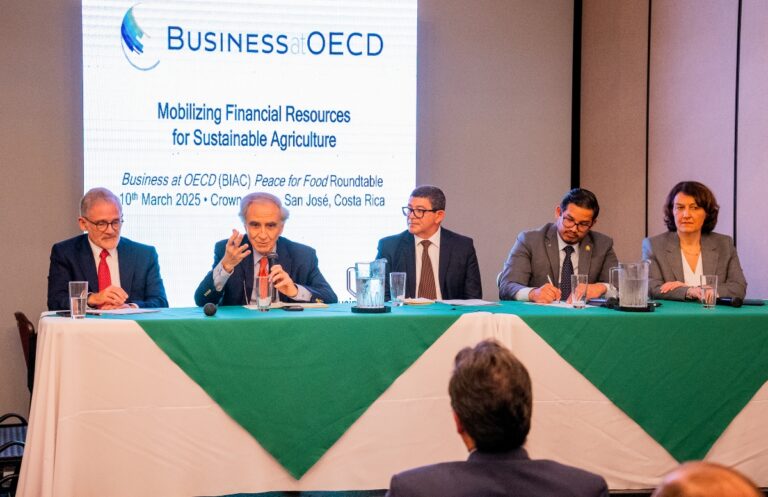Livestock activities occupy 13 million hectares in the Central American region, and is the main source of livelihood for thousands of rural families.

Globally, 18% of total greenhouse gas emissions come from ruminants. That is, the livestock sector plays an important role in global warming. Methane is the primary greenhouse gas, originating from the processes of enteric fermentation by cattle.
Livestock activities occupy 13 million hectares in the Central American region, and is the main source of livelihood for thousands of rural families.
The traditional production systems are based on monoculture pastures characterized by advanced soil degradation, associated with low animal productivity. The degraded pastures are of low nutritional quality and result in higher emission rates of enteric methane. This is exacerbated by the constant dry periods of up to 7 months ubiquitous to the Central American Pacific lowlands.
This situation has prompted the regional cooperation mechanism FONTAGRO to co-finance a new initiative to be implemented by public and private research organizations in Central America.
The national agriculture research institutes of Costa Rica, Honduras, Nicaragua and Panama teamed up with the Tropical Agricultural Research and Higher Education Center (CATIE) to evaluate the best livestock practices to reduce greenhouse emissions. Research shows that methane emission decreases as animal feed quality increases, therefore the scientist will evaluate several production systems as part of the activities.
The Government of New Zealand is a partner in this project providing not only funding but also training opportunities for the project’s researchers. They will develop and validate methods to quantify greenhouse gas emissions and use economic indicators for the production systems under study.
The Inter-American Institute for Cooperation on Agriculture (IICA) is a sponsor of FONTAGRO and provides strategic and technical support to the initiatives linked to climate change mitigation. Many current projects focus on adaptation of family agriculture to climate change in the most vulnerable areas of Central America and the Andean Region.
It is expected that the livestock research project will increase our knowledge about best practices to mitigate climate change in the sector. It will also contribute to form a considerable cadre of young research professionals who are much needed in Central America.
More information: priscila.henriquez@iica.int and hlipun@iadb.org
*The opinions expressed in this newsletter are those of the authors and they do not reflect the position of the Institute on the topics presented.
*This post appears in the IICA Delegation in the USA Newsletter – September – December 2016











